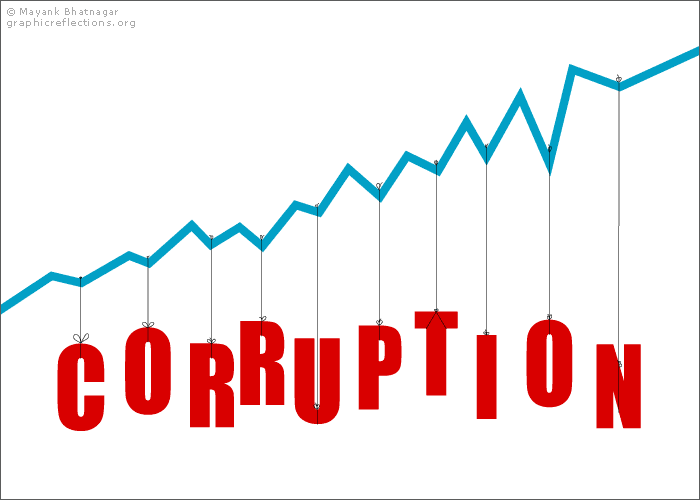By Samuel Rubenfeld
Nearly two-fifths of respondents to a new survey said they expect their organization to face incidents of bribery or corruption in the Middle East over the next year.
The responses, which come from a Middle East Report released Monday for PricewaterhouseCooper’s Global Economic Crime Survey, are starkly higher than those across the world, where less than one-fourth of respondents said they expect to face incidents of bribery or corruption in the next 12 months.
Moreover, bribery and corruption was present in 43% of incidents of economic crime in the Middle East, the survey found, almost double the global rate of 24%.

And more Middle East respondents expect to face incidents of accounting fraud and money laundering than the global average.
Of the nearly 3,900 responses to the global survey, 126 came from a series of interviews with C-suite executives, senior vice presidents and heads of departments in the Middle East representing organizations from Bahrain, Egypt, Iraq, Jordan, Kuwait, Lebanon, Libya, Oman, Qatar, Saudi Arabia, United Arab Emirates and the West Bank.
A quarter of the responses came from listed companies, another 25% came from state-owned enterprises and 42% of them represented organizations with more than 1,000 employees.
Only 28% of Middle East respondents said they experienced economic crime in the past 12 months, however, lower than the global mark of 34%. Fraud is most commonly detected by accident there.
“It is possible that more organizations in the Middle East suffer from economic crime but lack the robust detection mechanisms that would allow for accurate reporting,” said Tareq Haddad, the company’s Middle East Forensic Services Partner, in a statement.
Corruption risk has led 25% of the organizations represented by Middle East respondents to decide not to enter a new venture or market in the last year, the survey said.
Source: wsj












 Teacher Verification
Teacher Verification